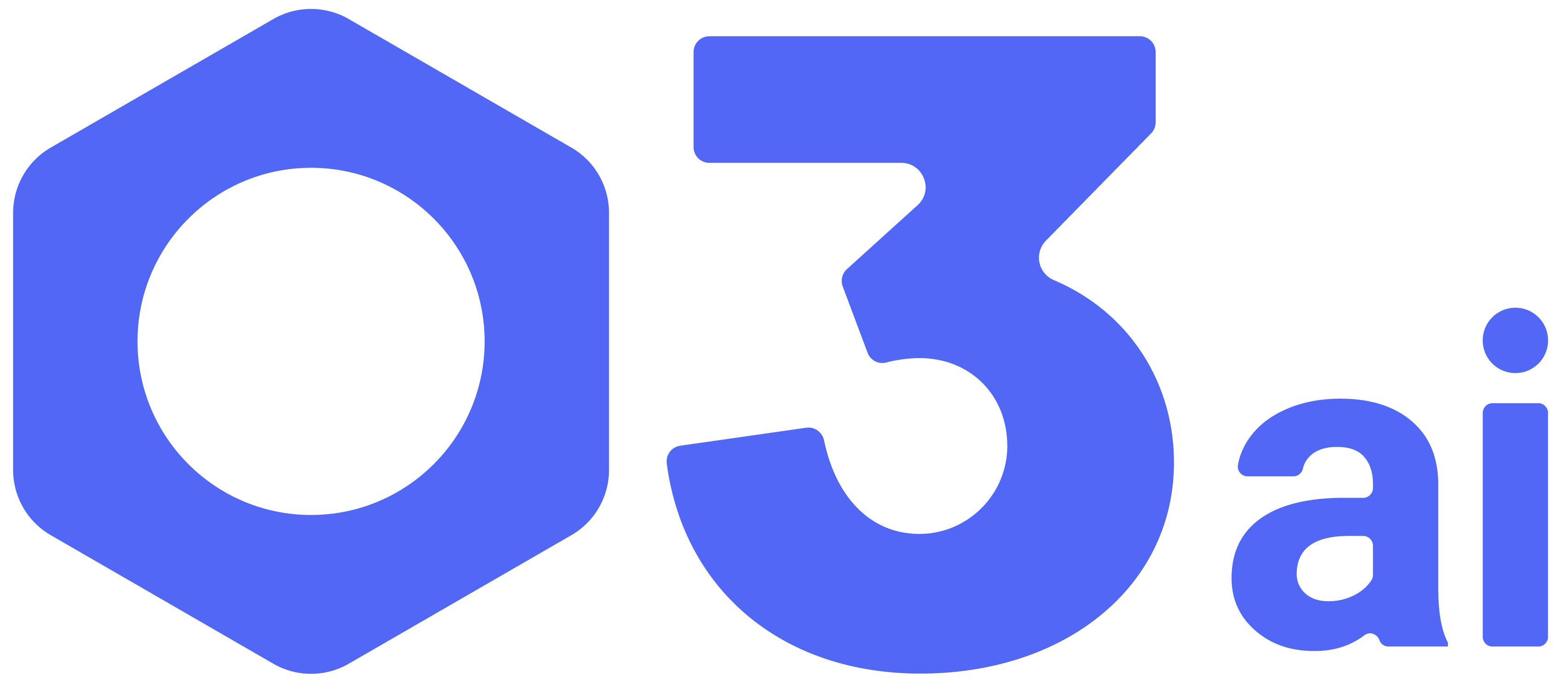As manufacturers navigate the complexities of modern operations, Artificial Intelligence (AI) is emerging not just as a tool, but as a co-pilot that augments decision-making at every level. From the shop floor to the control room, AI copilots are reshaping how we monitor, analyze, and act on real-time data.
What Are AI Copilots?
AI copilots are intelligent, interactive systems that support human operators in managing industrial processes. Unlike traditional automation, which follows predefined rules, AI copilots use machine learning models, contextual awareness, and natural language interfaces to provide real-time suggestions, predictions, and insights.
These copilots act as intelligent advisors. They don’t replace human decision-makers but enhance their ability to respond faster, smarter, and more confidently in complex manufacturing environments.
Why Are AI Copilots Becoming Essential?
The increasing scale and complexity of modern manufacturing systems make real-time decision-making more challenging. Operators are often overwhelmed by the volume of data from sensors, machines, and systems. AI copilots step in by:
- Synthesizing Data: They integrate data from diverse sources; MES, ERP, sensors, and historians; to offer a unified operational view.
- Recommending Actions: Based on predictive models and historical trends, copilots can suggest optimal process adjustments, maintenance actions, or resource reallocations.
- Reducing Errors: With continuous monitoring and contextual awareness, AI copilots help prevent mistakes due to oversight, fatigue, or lack of expertise.
Real-World Use Cases
- Process Optimization
An AI copilot monitors machine behavior and suggests changes in setpoints or material usage to reduce energy consumption and increase yield. - Quality Control
By learning from defect patterns, the copilot flags quality deviations early, prompts root cause analysis, and recommends corrective actions before scrap levels rise. - Maintenance Planning
It predicts machine failures and recommends the best maintenance window, reducing unplanned downtime and optimizing technician schedules. - Production Scheduling
During high-demand periods, the copilot dynamically adjusts schedules based on available resources, minimizing bottlenecks and delivery delays.
AI Copilot Features That Matter
To be effective, AI copilots must be designed with key features that enhance usability and trust:
- Natural Language Interaction: Operators can ask questions and receive answers in conversational language, reducing the need for specialized interfaces.
- Context-Aware Intelligence: The system understands the current state of operations and adapts its recommendations accordingly.
- Real-Time Alerts & Insights: Instead of waiting for reports, users receive instant updates about critical issues or opportunities.
- Human-in-the-Loop Design: Final control remains with the human operator, ensuring oversight and flexibility.
Benefits for the Entire Organization
AI copilots offer more than just operational benefits. Their impact ripples across the organization:
- Faster Decision Cycles: From minutes to seconds.
- Improved Safety: Reduced human error and quicker response to anomalies.
- Skill Augmentation: Junior staff can perform at higher levels with real-time expert guidance.
- Data-Driven Culture: Promotes continuous improvement and digital maturity.
Building an AI Copilot Strategy
Organizations should approach AI copilots not as standalone features but as part of their digital transformation roadmap. Key steps include:
- Identify high-impact use cases where decisions are frequent, fast, and critical.
- Ensure quality data collection and integration from relevant systems.
- Start with pilot implementations in a single plant or process.
- Train employees to collaborate with AI systems and trust their suggestions.
Conclusion
AI copilots are revolutionizing operational decision-making in manufacturing. By offering real-time intelligence, contextual recommendations, and intuitive interactions, they empower teams to move faster, avoid costly errors, and continuously optimize processes. In an era where every second and every decision matters, AI copilots are not just helpful; they are indispensable.




